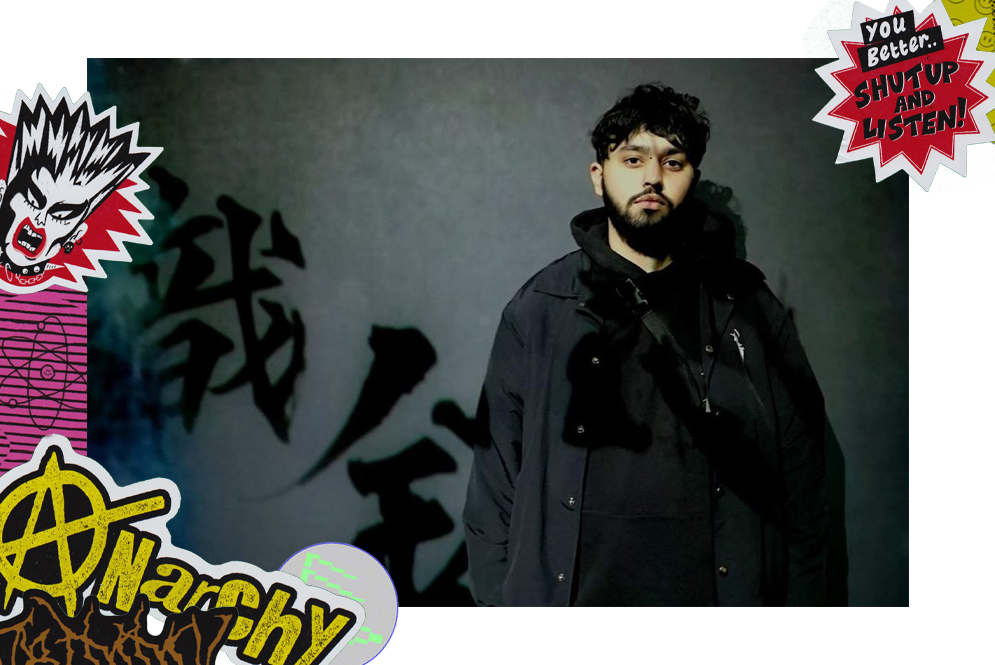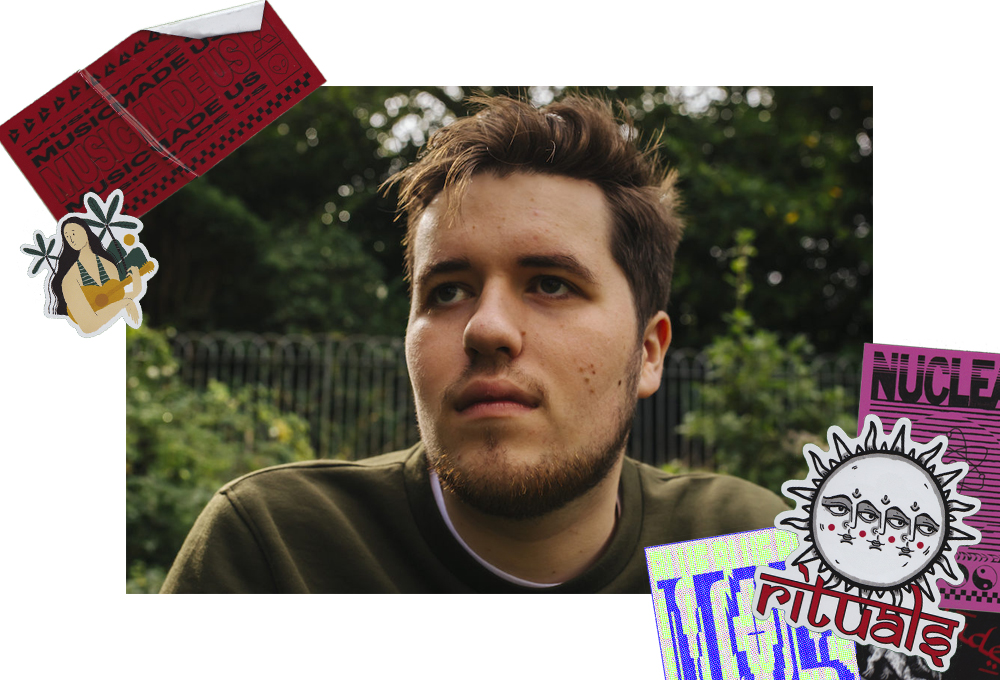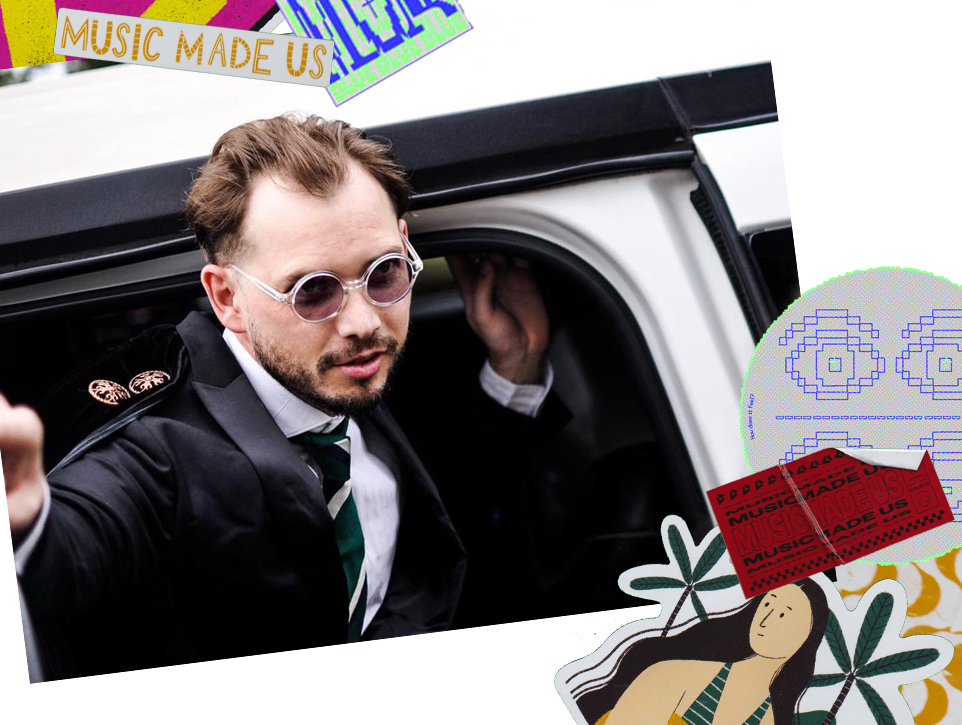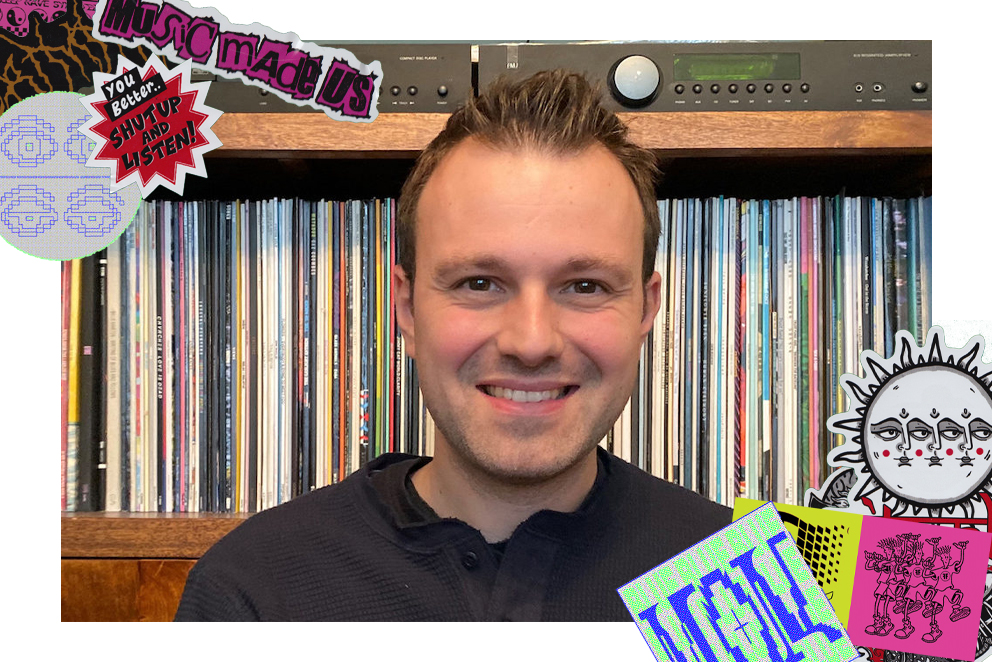A lot of my childhood was spent in front of the TV trying to emulate rock stars such as Jimi Hendrix and Jimmy Page. With a guitar in my hands and my hair combed into a monstrous quiff I became a rock god performing to stadiums full of fans. This was my escape from the reality of being a young, angry, and misunderstood brown boy.
As the encores ended and the crowds cheered, I took a bow to the television and was transported back to real life. Whilst London is one of the most diverse and multicultural cities in the world, I always felt like the puzzle piece in a box of Lego. Whilst I saw and spoke to people who looked like me, dressed like me, and sounded like me, my idols were quite the opposite. My idols were rich white men who lived comfortable lives with constant electricity and food. My idols were white men who went to privileged schools and never saw desperation and hunger. My idols were white men who walked through their supermarkets freely, never being followed by security when buying their milk and bread.
My idols were privileged white men who weren’t born as villains due to the colour of their skin.
That was until I was given a stolen Sony Ericsson Walkman as my first phone. This orange and black phone changed my life forever. I just want to take this moment to thank whoever owned the phone before me because your choice of music made me the man I am today.
I remember walking to school with my headphones in and playing the first track on the phone. Cold synths, aggressive bass lines, and harsh metallic drums blared through my ears as I heard a voice that sounded like mine. The dark lyrics were a huge contrast to Robert Plant’s wails. The lyrics mirrored my surroundings of disadvantaged youths, anger, violence, and discrimination. The instrumental aurally mimicked my dark resentment towards the world.
Track after track, lyric after lyric, I no longer felt like an alien on Earth. I no longer felt alone. Dizzee Rascal’s ‘Boy in the Corner’ became my therapy. I was no longer trying to escape the realities of my life but instead question them.
This album became a voice for a generation that was oppressed and discriminated against for their class and for their race. It was also my first exposure to Grime.
Grime began as a medium for black men from council estates and the hood to voice and represent their lives. Spearheaded by grime godfather Wiley, the genre became urban Britain’s answer to punk. The genre evolved from a documentary of inner-city youths to anti-establishment, protest music. The supressed youths of the underground were now able to speak out against the injustice in society directed towards people of colour and people of lower classes.
Not only did grime give me a voice again, it taught me about injustice and to be proud of where I came from. Before grime, everyone aspired to be American. UK rappers used American flows and put on American accents, we emulated American styles and fashion because that’s what the music industry and media deemed to be cool.
It wasn’t until grime emerged where the UK streets embraced our accents and culture. MCs began spitting in UK accents, wearing tracksuits and trainers as opposed to baggy jeans and basketball shoes. It was a sense of street nationalism, where we no longer looked to America for inspiration and instead looked at home.
The evolution and expansion of an underground genre that began in the depths of council block towers has now taken over the world. The globe is now looking to the UK for inspiration.
So, when people ask me, why is grime important? I tell them that without grime, people like me, people of colour wouldn’t have a voice, people of colour wouldn’t have an identity in the UK. The genre is a regular reminder to people from the hood that whilst society and the government have tried to suppress us, we can achieve great things across the world whilst being authentically us.



